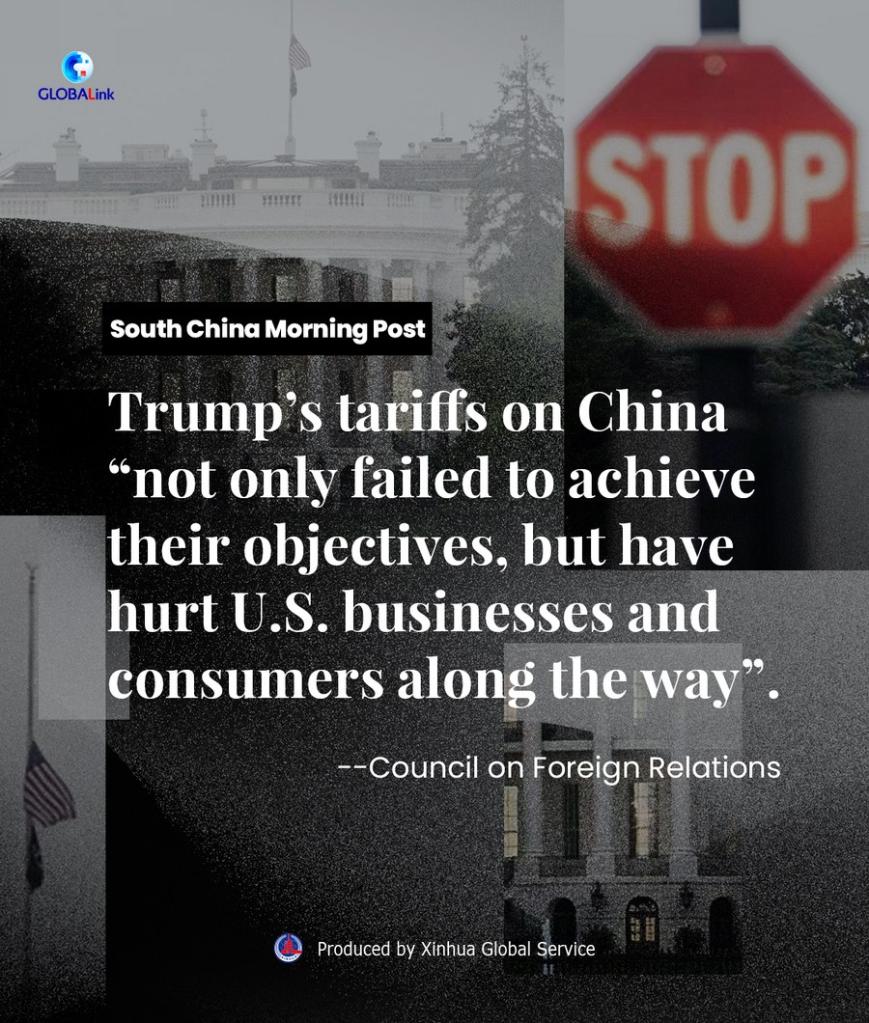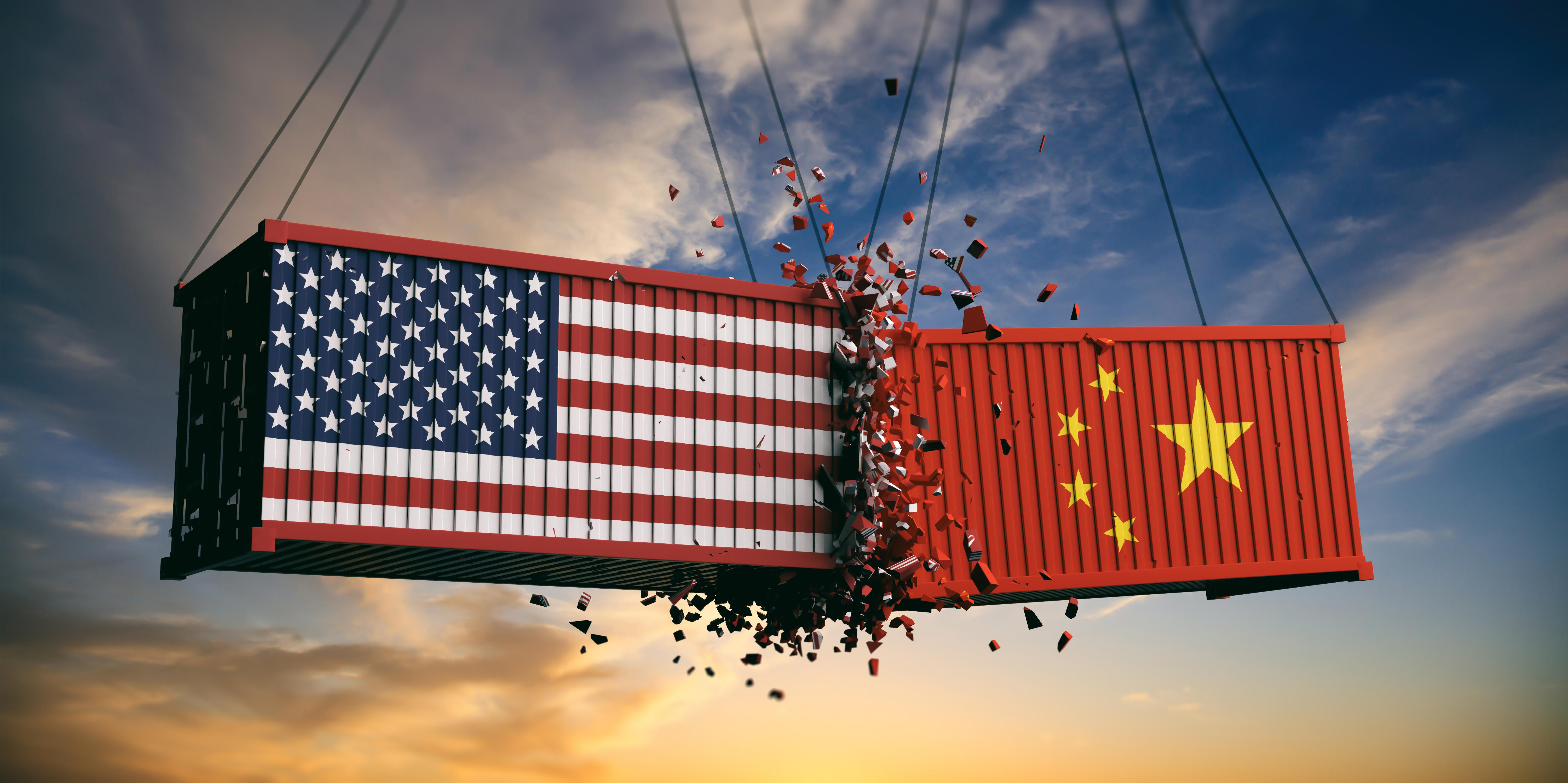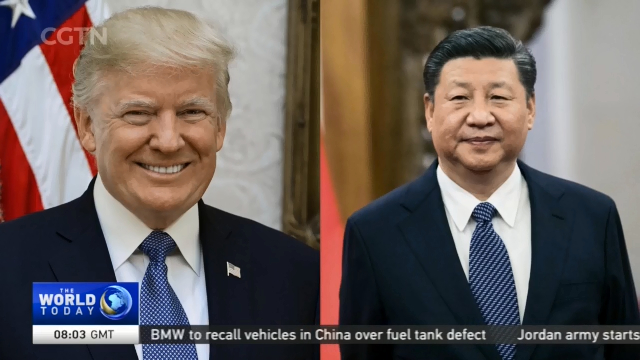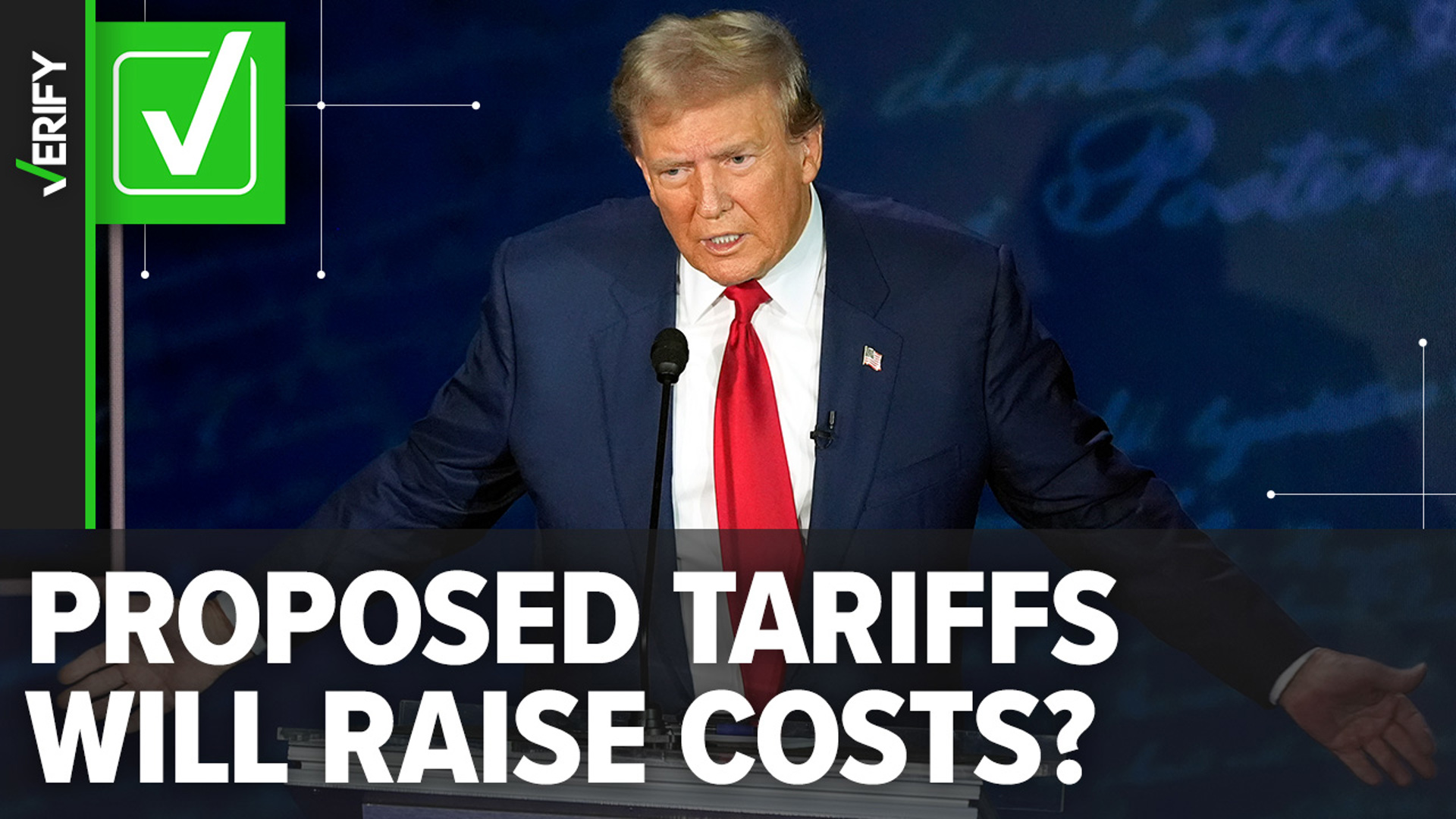
The ongoing trade tensions between the United States and China have led to a complex web of tariffs on Chinese goods. With multiple rounds of tariffs imposed by both countries, it can be challenging to keep track of the exact costs. In this article, we will delve into the world of tariffs on Chinese goods, exploring the current rates, exemptions, and the impact on businesses and consumers.
A Brief History of Tariffs on Chinese Goods
The trade dispute between the US and China began in 2018, with the US imposing tariffs on approximately $360 billion worth of Chinese goods. China retaliated with tariffs on $110 billion worth of US goods. Since then, there have been multiple rounds of tariffs, with rates ranging from 7.5% to 25%. The most recent tariffs were imposed in September 2020, with the US imposing a 7.5% tariff on approximately $120 billion worth of Chinese goods.
Current Tariff Rates on Chinese Goods
The current tariff rates on Chinese goods vary depending on the product category. Some of the most common tariff rates include:
7.5% on goods such as electronics, machinery, and furniture
10% on goods such as textiles, clothing, and footwear
15% on goods such as agricultural products, chemicals, and plastics
25% on goods such as steel, aluminum, and automotive parts
However, it's essential to note that these rates are subject to change and may not apply to all products within a particular category. Additionally, some products may be exempt from tariffs or eligible for reduced rates.
Exemptions and Exclusions
The US Trade Representative (USTR) has established a process for companies to request exemptions from tariffs on specific products. These exemptions can be granted if the product is not available from alternative sources or if the tariff would cause significant economic harm to the company. To date, the USTR has granted exemptions on over 10,000 products, including items such as:
Medical equipment and supplies
Certain types of electronics
Raw materials and components used in manufacturing
Impact on Businesses and Consumers
The tariffs on Chinese goods have had a significant impact on businesses and consumers. Companies that rely on Chinese imports have seen their costs increase, which has led to higher prices for consumers. According to a study by the National Retail Federation, the tariffs have resulted in an average price increase of 10% on affected goods.
However, some companies have been able to mitigate the impact of tariffs by:
Diversifying their supply chains
Implementing cost-saving measures
Passing on the costs to consumers
In conclusion, the tariffs on Chinese goods are complex and multifaceted. With multiple rounds of tariffs and exemptions, it can be challenging to keep track of the exact costs. Businesses and consumers must stay informed about the latest developments and adjust their strategies accordingly. By understanding the current tariff rates, exemptions, and exclusions, companies can navigate the complex landscape of international trade and make informed decisions about their supply chains and pricing strategies.
As the trade tensions between the US and China continue to evolve, it's essential to stay up-to-date on the latest news and developments. Whether you're a business owner or a consumer, understanding the tariffs on Chinese goods can help you make informed decisions and stay ahead of the curve.
Note: The information in this article is subject to change and may not reflect the current tariff rates or exemptions. It's essential to consult with a trade expert or attorney to get the most up-to-date information on tariffs and trade regulations.
Word count: 500
Meta Description: Understand the complexity of tariffs on Chinese goods, including current rates, exemptions, and exclusions. Learn how to navigate the complex landscape of international trade and make informed decisions about your supply chain and pricing strategies.
Keyword: Tariffs on Chinese goods, trade war, US-China trade tensions, international trade, supply chain management.








